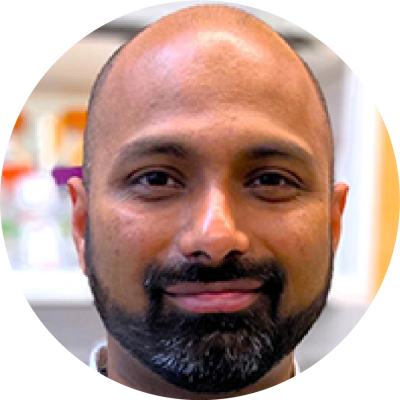
Abhijit Deb Roy
I study how cells can adapt to their physical surroundings, and I discovered how modifications on specific cellular components called microtubules enable cells to modulate their mechanical properties and migration behavior. I performed my research in the lab of Dr. Takanari Inoue in the Department of Cell Biology.
Questions & Answers
Why did you choose Johns Hopkins for your work?
I am interested in an interdisciplinary approach to address fundamental scientific questions of biomedical relevance, and Johns Hopkins was an ideal place to do that. I also specifically wanted to work with my mentor, Dr. Takanari Inoue, who is a world-renowned expert in synthetic biology.
What does receiving this award mean to you personally and professionally? Do you have any connection with the particular award you received?
Being awarded the Paul Ehrlich Award is a great honor. It is wonderful to be recognized among the many amazing scientists at Johns Hopkins. At a personal level, it is very humbling to receive an award named after Paul Ehrlich, who used his understanding of basic sciences to help solve biomedical problems. In addition, I use a good deal of microscopy in my cell biology research, and it is gratifying to receive this particular award since Paul Ehrlich pioneered the techniques to identify different types of cells using microscopy.
What contributed to your project’s success?
Guidance from Dr. Inoue, my mentor, support from my fellow lab members and other colleagues, hard work and some good luck.
What thoughts do you have about Young Investigators’ Day itself, as a celebration of the roles students and fellows play in research at Johns Hopkins?
This is an excellent way to celebrate the wide spectrum of truly amazing research being done at Johns Hopkins.
What has been your best/most memorable experience while at Johns Hopkins?
The many, many evenings brainstorming random scientific ideas with my colleagues and friends.
What are your plans over the next year or so? Graduating, looking for faculty positions, etc.?
I am starting my own research lab as an assistant professor at the University of Connecticut School of Medicine.
Tell me something interesting about yourself that makes you unique. Do you have any special hobbies, interests or life experiences?
Before graduate school, I worked at a copper refinery as a chemical process engineer.